The Ukrainian Embassy brought in the new year with a celebration that featured the country’s traditional dress, songs and food. The Orthodox New Year’s Day, observed on the first day of the Julian calendar, is an informal holiday commemorated in Ukraine, Russia, Georgia, Belarus, Bulgaria, Romania, Serbia and Greece.
People reflect on the previous year’s achievements and pray for meaningful resolutions in the coming months, according to embassy second secretary Yulia Savelieva.
Ukrainians celebrate the day with family and friends, accompanied by large meals with music; churches organize dinners and gatherings to raise funds for charity and church restoration, she added.
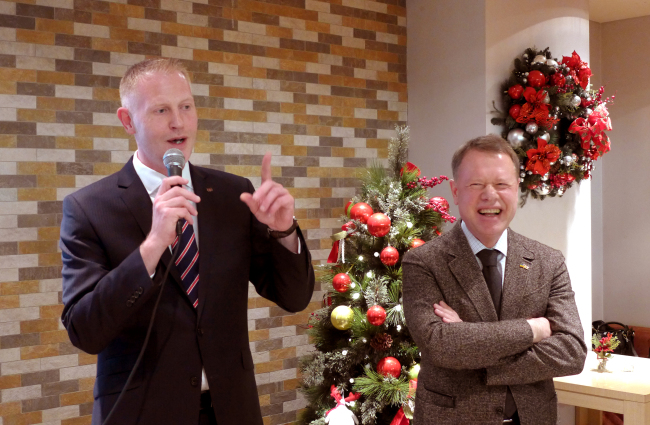
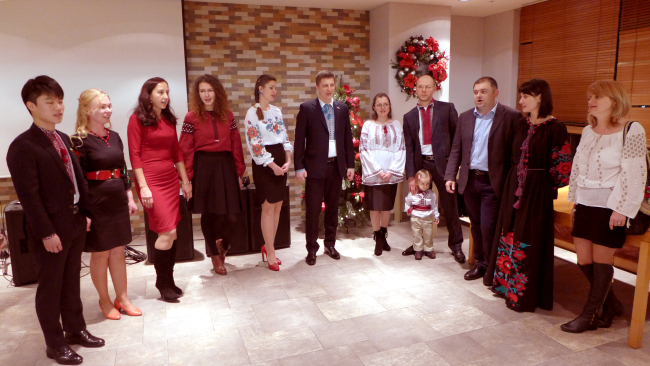
Ukrainian Ambassador Vasyl Marmazov told The Korea Herald that people in his country like to go out on New Year’s Day or Christmas, but try to spend “at least one hour with the family.”
“Both Ukrainians and Koreans are hardworking people who spend most part of the year at work. But at the same time, we know how to make our holidays really enjoyable,” he said at a reception at Somerset Palace Seoul on Wednesday.
Ukrainians cook and eat traditional dishes, such as “kutya” (porridge made of wheat or rice, nuts, raisins, poppy seeds and honey), “golubtsi” (cabbage rolls stuffed with meat, rice and vegetables) and “varenyky” (dumpling stuffed with potato, mushrooms and stewed cabbage).
Much like Koreans, they also like singing “very much,” the ambassador said, adding that young people wear colorful clothes, visit neighbors and sing Christmas carols called “koliadka,” wishing for happiness and prosperity. While singing, they throw grains of wheat at the host as a sign of wealth, followed by the host presenting gifts in the form of cash or food.
Ukrainians drink vodka with a sandwich made of rye bread topped with slices of salted lard and pickled cucumber, unlike Koreans who drink soju often with spicy dishes.
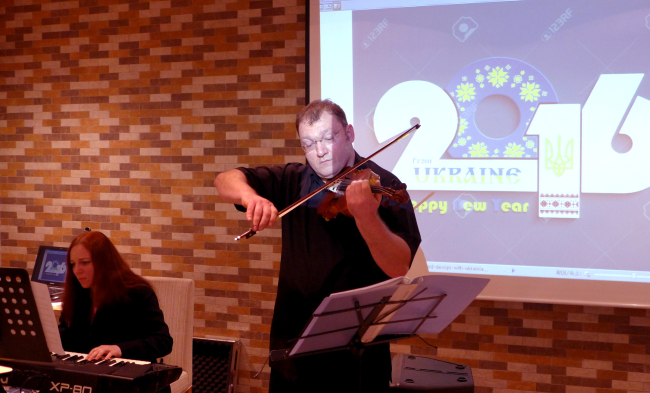
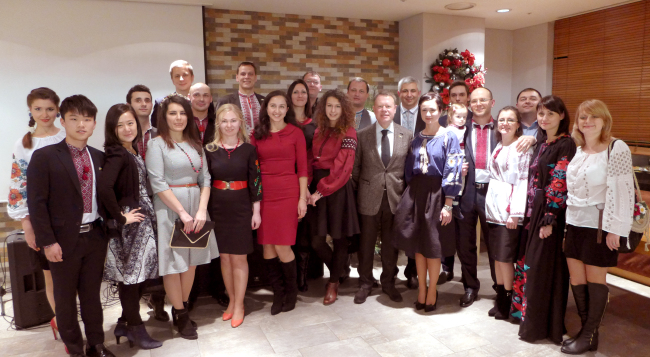
Some 300 Ukrainians live in Korea, most working for global companies, such as Samsung, Hyundai, POSCO and LG, or as professors at Korean universities. Ukrainian students come to study Korean language, international studies or various sciences.
The embassy will participate in events this year to promote their national culture, including the Seoul Friendship Fair and European Christmas Market. In addition, it will present various arts ― ceramics, paintings, movies and music ― through the Korea Foundation.
By Joel Lee (joel@heraldcorp.com)
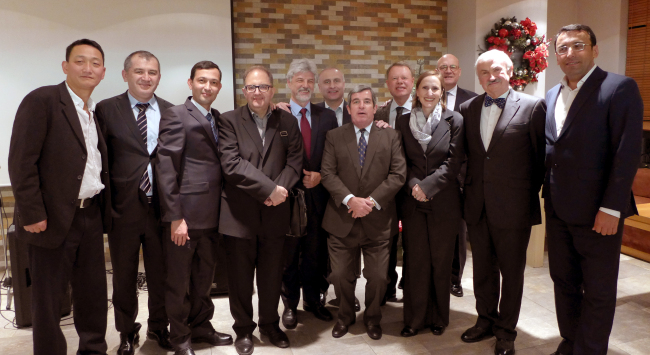
-
Articles by Korea Herald




















